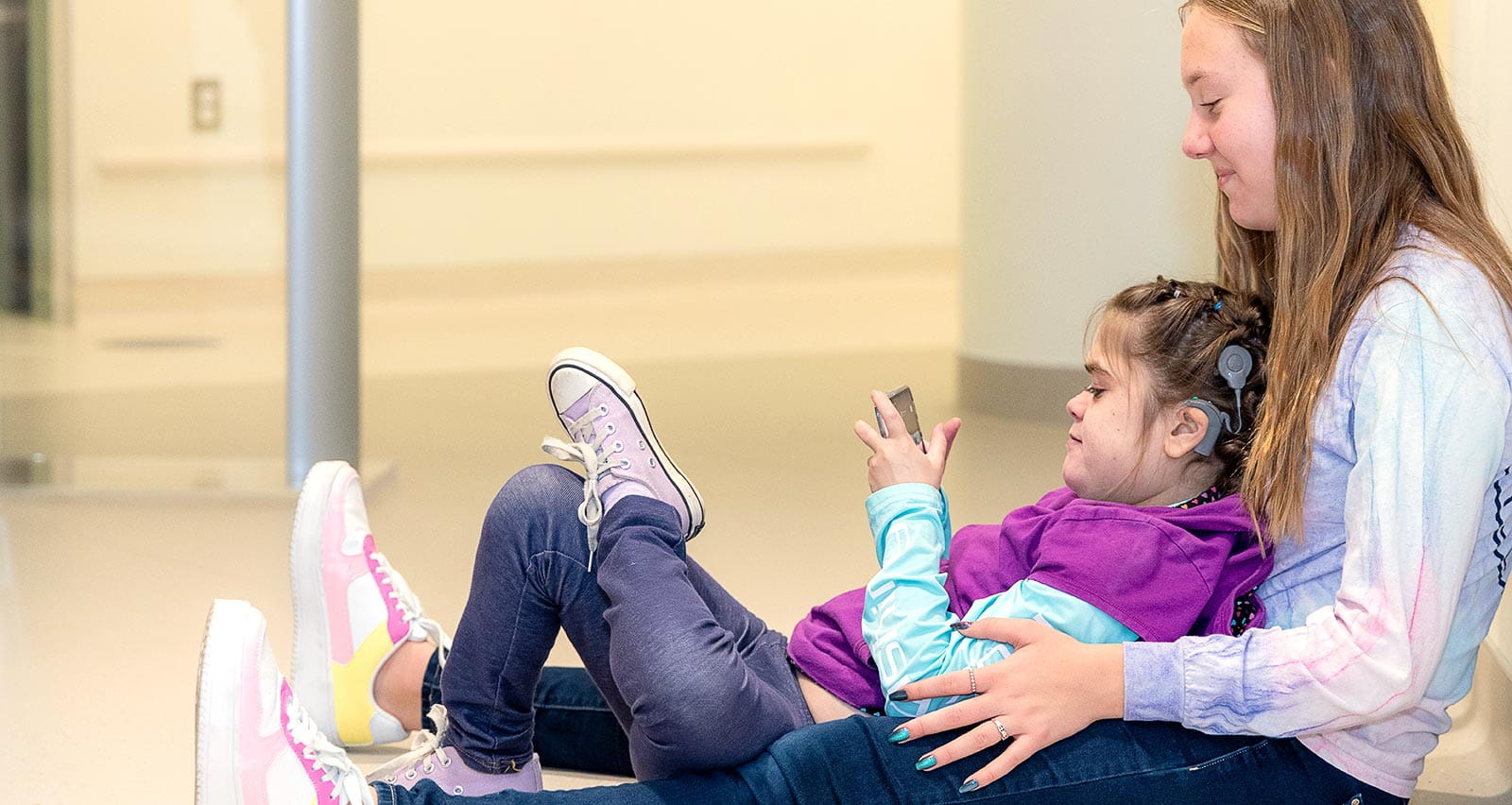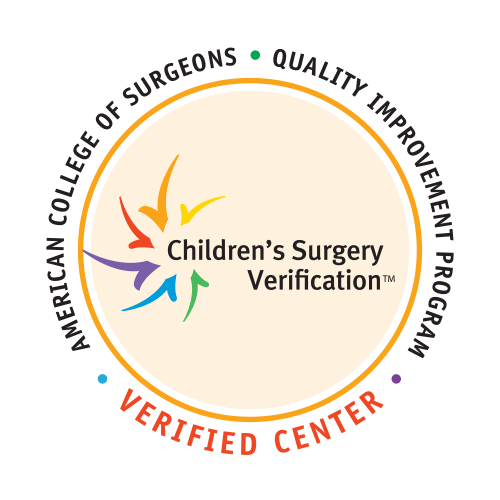
Acquired Heart Disease & Treatment for Children
Pediatric heart disease is a broad term used to describe different heart conditions in children. It can be present from birth (congenital) or acquired later in childhood due to illnesses, infection or sometimes even resulting from treatment for a congenital heart defect.
University Hospitals Rainbow Babies & Children’s offers a full spectrum of specialized care for children with congenital and acquired heart diseases. From diagnosis to treatment and recovery, our pediatric expert heart team provides compassionate support and the comprehensive care you can depend on.
Make an Appointment with a UH Rainbow Heart Specialist
To schedule an appointment with one of our pediatric heart experts, call 216-844-3528 or schedule online.
What Is Acquired Heart Disease?
While people often think of acquired heart disease in adults, it is relatively common in pediatric patients, too. Some of the more common heart conditions acquired during childhood include rheumatic heart disease and Kawasaki disease.
Other acquired heart diseases in children may occur in children who have also been treated for congenital heart defects. These children may be at increased risk of endocarditis, an infection in the heart’s lining or valves caused by bacteria, and acquired cardiomyopathy, an abnormally enlarged or thickened heart. And in some cases, children and young adults can develop irregular heartbeats, called arrhythmias. Heart problems may also develop in children as a result of multisystem inflammatory syndrome in children (MIS-C), a rare but serious condition associated with covid-19 infections.
Procedures or surgeries used to treat acquired heart disease in children are similar to those used to treat congenital heart defects.
Advanced Imaging for Earlier Diagnosis
UH Rainbow Babies & Children’s uses the latest imaging equipment and techniques to quickly and accurately diagnose a variety of cardiovascular conditions, so patients can receive treatment as quickly as possible.
If your child has signs or symptoms of acquired heart disease, our pediatric cardiologist likely will recommend either an echocardiogram or cardiac magnetic resonance imaging (MRI). An echocardiogram is a noninvasive cardiology procedure that uses sound waves to assess the heart’s structure and function. The echocardiogram is used to both diagnose as well as monitor the progression of these heart conditions. However, in some cases, your cardiologist may wish to have more specialized images of your heart called a cardiac MRI. A cardiac MRI can produce 3-D images of the organs and tissues of the heart that enable specialists to more accurately assess the cardiac function, or the extent of infections or inflammation of the heart in disorders such as myocarditis.
Dedicated and Experienced Heart Care Team
At UH Rainbow Babies & Children’s, our young patients and their families can take comfort knowing they have access to a dedicated team of pediatric cardiology experts. Our surgical specialist team has over 30 years of experience caring for patients with congenital and acquired heart disease, and includes pediatric heart surgeons, pediatric cardiologists, interventional cardiologists, pediatric cardiac anesthesiologists, cardiovascular perfusionists and nurse practitioners.
Your child’s health is important. Get expert care.
To schedule an appointment with one of our pediatric heart experts, call
216-844-3528.

UH Rainbow is recognized as a Level I Children’s Surgery Center by the American College of Surgeons (ACS), reserved for hospitals that meet the highest standards for quality care, safety, staffing, training, data collection and infrastructure. This quality indicator means that we are focused to prevent complications, hold down costs and improve patient outcomes.


